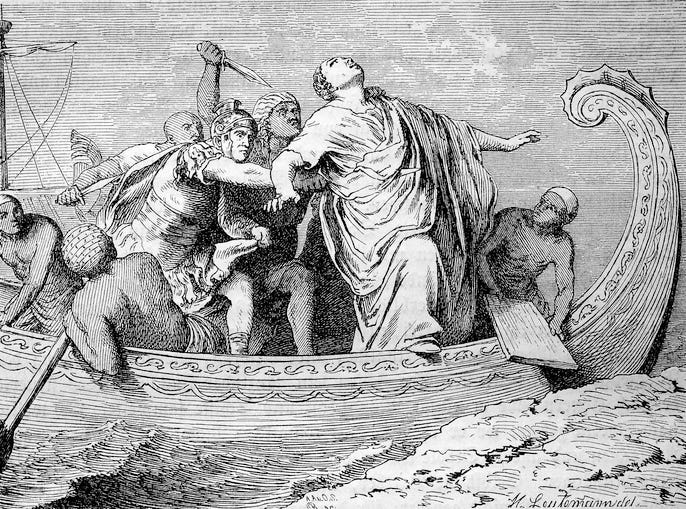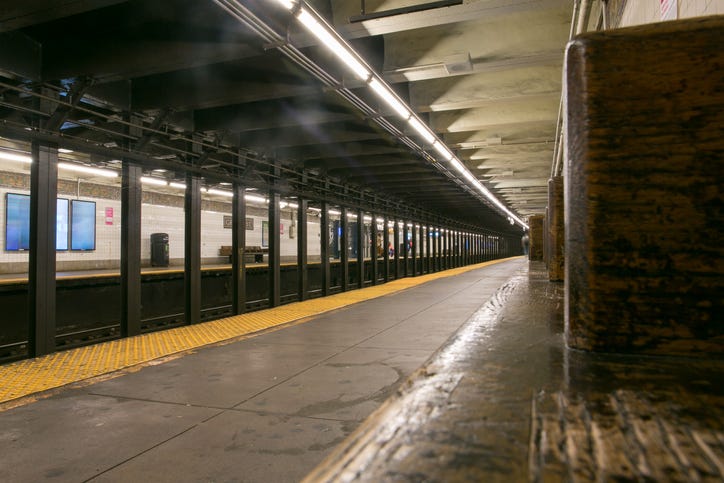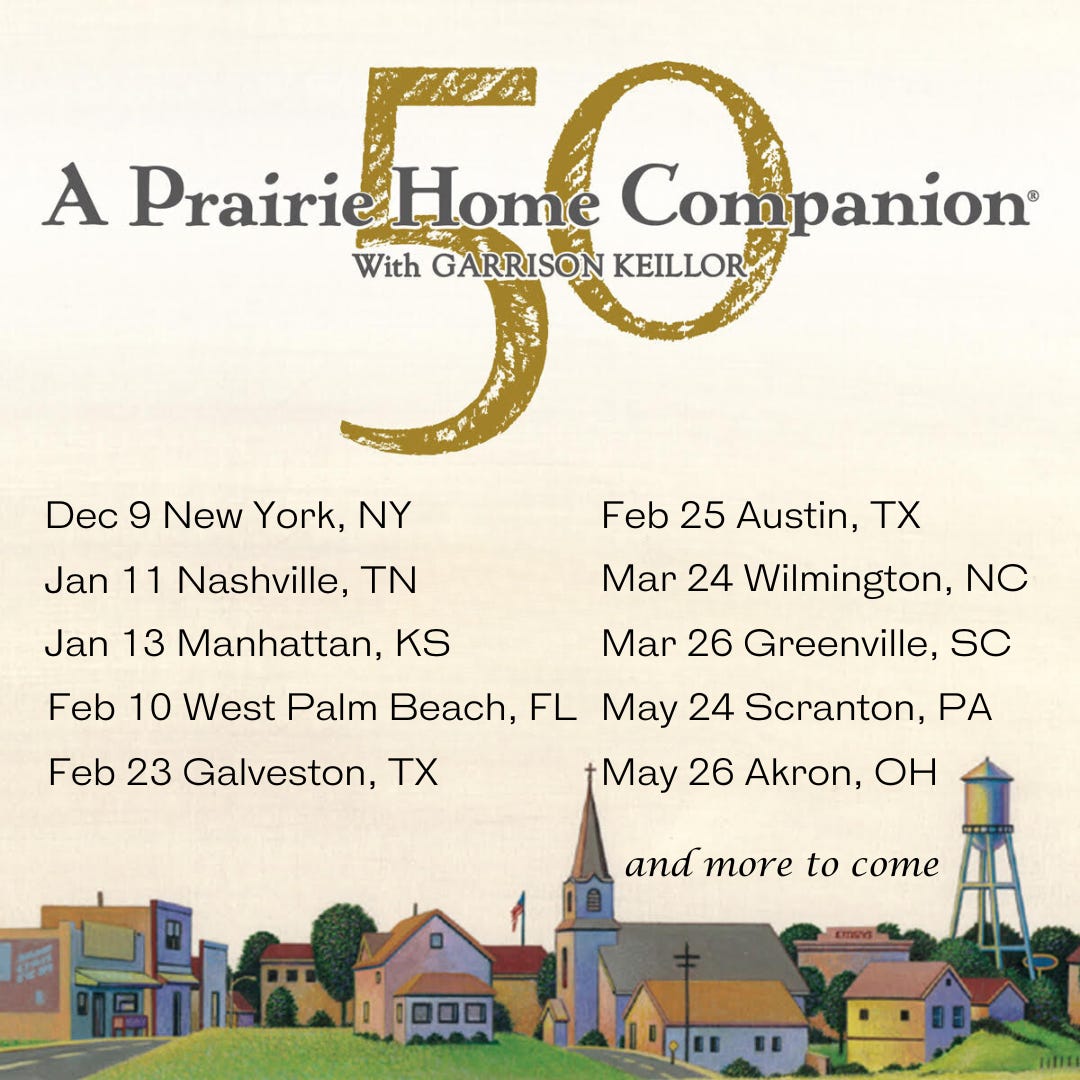It’s never too late to be polite and once you’ve gone that far you may as well be friendly. I come from Scots and Yorkshiremen who were suspicious by nature and brought up judgmental and were happiest when alone in a stone hut working with wood but I’ve adopted the “Never too late” point of view after I called up a relative whom I’d avoided for fifty years because she’d said mean things about me and she was so happy to hear my voice that I reformed and became a Christian again. I’ve come to the Lord hundreds of times and it’s always a pleasure. I’ve said it before: life is good, never mind what the cranky and anxious may say, and that’s why so many of us elders are overstaying our welcome, snarfling up Medicare and Social Security, clogging the highways, standing confused at self-checkout trying to figure out how it works. We like it here.
Now of my three score years and ten, Eighty-one won’t come again. Subtract from seventy eighty-one, It means my account is overdrawn, Which makes me privileged to be Surviving into bankruptcy. I’m avoiding sickness and injury And plan to live an entire century.
There’s plenty of reason for anxiety but think back to the Romans and the B.C. era and imagine how they felt with the year numbers declining annually and you come to 11 B.C. and then 10 and 9 and it’s like a countdown to disaster. Will you wind up at zero? Will the world cease to exist? Nobody knew.
Not to give it away but life does come to an end. Cher is still singing at 77 and Mick Jagger plans to keep strutting and striking punk poses at 80 but one day they’ll retire to Happydale and be wheeled through the ornamental gardens by undocumented migrants, meanwhile the world goes on without them. So it has been and so it shall be. And though prophecy is not my field, I feel confident that civil society with all its liberal values of tolerance and restless endeavor will prevail.
Americans believe that opportunity and kindness can overcome barriers of race and religion. I live in Manhattan amid a great diversity of humankind in which people like me, Episcopalians with a B.A. in the liberal arts, do not exert particular influence or enjoy special privilege. The families of foreign oligarchs are said to occupy upper floors of needlelike towers in mid-Manhattan but they must make their way around town along with the rest of us; there are no special lanes for limos. The city attracts aspiring artists, writers, actors, musicians, who are prepared to live in poverty, wait on table if necessary, while scrambling for a break. The quickest way around town is the subway, where unemployed actors, highly paid CEOs, cleaning ladies, digital geniuses, and ordinary working stiffs merge in a river of humanity. There is no Business Class on the A train. In the subway stations, you will find refugees from South America selling cups of fruit, as well as panhandlers, and outright crazy people, all on foot, and to a refugee from the Midwest and suburban freeway culture, this is at first disconcerting and then inspiring. The civility that prevails gives you faith in your fellow man. The politeness shown to a parent of a little kid in a stroller, or an old man using a cane, or an autistic person, is just as third-grade teachers have taught their pupils for generations. People who shove are spoken to, or at least glared at. Passengers stand packed in a rush-hour train doing their best to respect each other’s personal space.
Every year, a dozen persons or so are shoved into a moving train as it comes into a station. A few are killed. To install sliding glass shields to prevent this would cost billions and so New Yorkers make it a practice to stand back from the tracks, to be wary of weird or troubled persons and keep your distance, and to stand with others and not alone. Safety is in numbers: where there are others, there is civility.
I stand in the 86th Street station and the downtown B train races in and brakes and it’s dramatic and then the doors open and we step in, the dancer, the laryngologist, social worker, the tourists from Ohio, and me, the journalist. Life is good. Stand back from the platform edge.









I was a relatively young man when I first heard your show back in 1985, Mr. Keillor. I had just arrived in Sacramento, California to attend law school. One of my housemates insisted that he just had to listen to a certain radio show.
When he turned on the show I thought, "This is rather odd. Here's some guy talking in a mellifluous baritone telling strange stories about odd and eccentric people..."
I was hooked like black bass who swallowed the worm, hook, line and sinker. Each Saturday I waited with anticipation for six p.m. This guy always, and I mean always, without fail had the most interesting, insightful things to say. And he had musical guests on who, outside of the Grand Old Opry, one would never hear anywhere else.
And best of all was the final, "News from Lake Wobegon." A place that, "...time forgot and the decades can not improve..." Somewhere out there on "...the edge of the prairie." Where ever that might be.
It was certianly one of the most intelligent, creative shows on radio. And it has been and will be dearly missed by many including me.
Now I just wish I could remember that guys name...? Carson Wieller or something? Something about walleye? And a private detective named...Guy Noir or something?
And the taciturn, grumpy men who spent the long Minnesota winter in an ice-fishing shack taking turns drinking from a bottle of schnapps. Or was it Kentucky whiskey?
Now I'm an old man and my days are numbered. But in my mind I can still "...hear that old piano from down the avenue, I smell the onions, I look around for you..." Of course it didn't hurt that I was usually two(out of three) sheets to the wind when the show came on. What could I do?! The Unknown Norwegian was sitting across the kitchen table from me refilling my empty glass and insisting I "have another" for old times... "don't ya' know?"
The world is an odd place. We get to watch unscrupulous attorneys finally speak against their leader after pledging loyalty, then we watch grown men fuss and fight over who is best suited to represent them. And then GK appears on our screens. And we’re suddenly in a safe and warm place again. We’re younger, hopeful, able to laugh and sing. GK, you and Dylan have given us shelter from the storm.